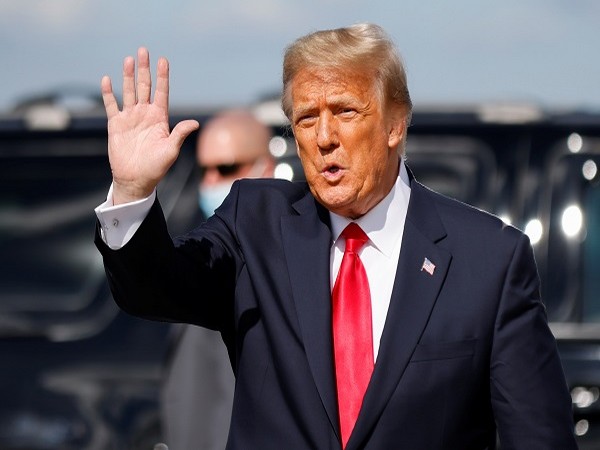

The federal judge overseeing Donald Trump’s classified documents case, Aileen Cannon and the lawyers representing the former President clashed over the timings and trial date of the prosecution, New York Times reported.
Cannon expressed scepticism about the government’s request to go to trial as early as December, but she also seemed disinclined to accede immediately to Trump’s desire to have the trial put off until after the 2024 election.
Appearing for the first time at a hearing in the case, Cannon, came to no decision about when to schedule the trial, saying she would issue a written order “promptly.”
The question of the trial’s timing could be hugely consequential, given that the legal proceeding is intertwined with the calendar of a presidential campaign in which Trump is now the front-runner for the Republican nomination.
Notably, the judge had come under widespread criticism last year after she rendered some decisions in a related case that were favourable to Trump at an early stage of the investigation, as per New York Times.
On being asked by Judge Cannon if Trump wanted to put off the trial until after the election, Christopher Kise, the lawyer representing the former President said that he did.
Todd Blanche, another one of Trump’s lawyers, asked Judge Cannon if the defence could return to court in November and reassess the trial schedule then, adding that if a trial date absolutely had to be chosen, he would ask for one in mid-November 2024, after the election.
Meanwhile, the hearing in Fort Pierce, two and a half hours north of Miami, came a little more than a month after the office of the special counsel, Jack Smith, filed an indictment against Donald Trump, accusing him of holding on to 31 individual classified documents after he left office in violation of the Espionage Act.
Trump has also been charged with a co-defendant, Walt Nauta, one of his personal aides, of a conspiracy to obstruct the government’s repeated efforts to reclaim the documents.
Further during the hearing, David Harbach, one of Jack Smith’s top deputies, told Judge Cannon that the rule of law should be applied to Trump as it would be to any criminal defendant.
“Trump is not the president,” Harbach said. “He is a private citizen who has been lawfully indicted by a grand jury in this district and his case should be guided by the federal code and the rules of this court like anyone else.”
According to New York Times, timing is particularly important in this case because if the trial is delayed until after votes are cast and Trump wins the race, he could try to pardon himself or have his attorney general dismiss the matter entirely.